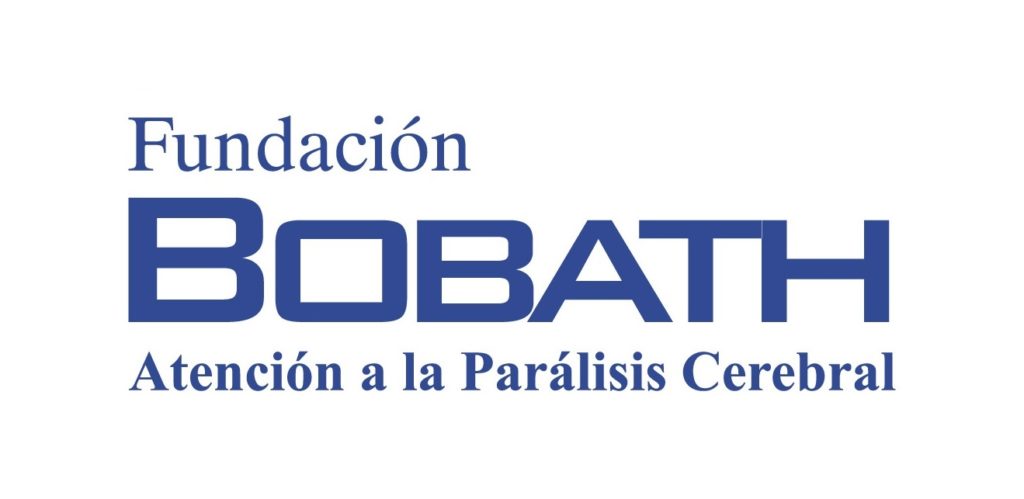Data antivirus is mostly a type of reliability software that protects computer systems from malicious software, which include viruses and malware. The antivirus runs on the number of different techniques to detect and block dangers. These include signature-based detection, sandbox analysis, and cloud-based malware evaluation.
Signature-based what is the best internet security system protection: Antiviruses that use signature-based detection study incoming data files and courses by assessing them to an extensive database of known viruses and malware. If a data file matches one of those signatures, this program will banner it and next block that or take it off.
Sandbox analysis: Detection tools involving sandbox evaluation run the files and programs in a digital environment to analyze their action before permitting them in the system. This helps to prevent damaging applications right from running without being detected, since the files and programs are just allowed into the real environment if they will pass sandbox analysis.
Cloud-based analysis: Modern day antiviruses do malware analysis by sending the files and programs to their servers pertaining to evaluation. This really is called cloud-based analysis, and it’s really a more reliable way to combat new malware than traditional signature-based malware detection.
Total, G Data Total To safeguard Windows gives solid adware and spyware protection it doesn’t have an adverse impact on overall performance. It also has a lot of various other features that aren’t found in rivalling products, including a data shredder and the ability to control app permissions.
G Info offers a significant deal of protection features for that reasonably inexpensive price tag. However , if you’re looking for a even more manageable anti virus suite, we all recommend picking something by a rival.



